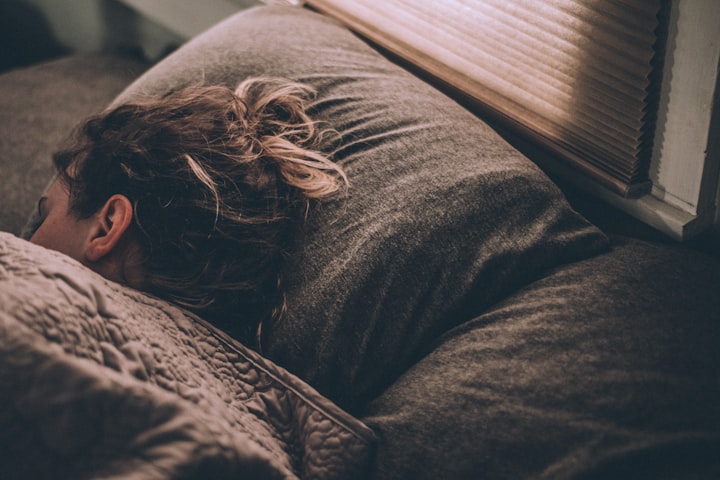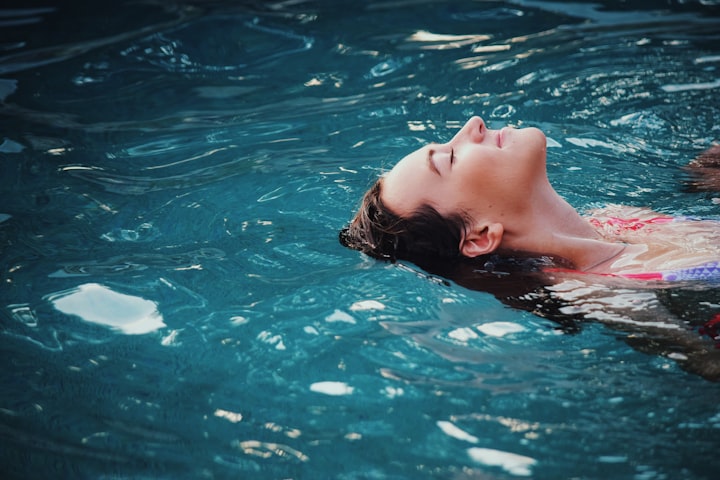More Evidence on the Benefits of Eliminate Light While Sleeping
Even a single night of light exposure can be detrimental

Circa Diem - about a day. That's where the term circadian rhythm comes from. A natural process centered around a twenty-four hour cycle.
The most important factor when it comes to regulating circadian rhythm is, not surprisingly, sunlight. Historically, the sun told our ancestors when to wake from sleep, and when to be in bed.
The proliferation of artificial light has certainly had an impact on sleep/wake cycles, affecting our endocrine system in the form of hormone production, and in turn plays a role in our mood, metabolism, and energy.
We evolved to be active during daylight hours and rest at night. That's no longer the case in our modern world. Researchers have noticed, and advised against light exposure close to and shortly before bedtime. Artificial light can negatively impact a host of natural processes, including sleep.
A new study takes this idea a little bit further, underscoring the negative impact of light while we sleep.
---
Findings
On March 14th of this year, Northwestern University published a study in The Proceedings of the National Academy of Sciences titled: Light exposure during sleep impairs cardiometabolic function.
Researchers found; "in healthy adults, one night of moderate (100 lux) light exposure during sleep increases nighttime heart rate, decreases heart rate variability (higher sympathovagal balance), and increases next-morning insulin resistance when compared to sleep in a dimly lit (less than 3 lux) environment."
In plain english, light exposure on par with a heavily overcast day - or subway platform - increases your heart rate, stress response, and affects your body's ability to process glucose (calories).
Here's how senior study author and chief of sleep medicine at Northwestern's Feinberg medical school Dr. Phyllis Zee put it; "The results from this study demonstrate that just a single night of exposure to moderate room lighting during sleep can impair glucose and cardiovascular regulation, which are risk factors for heart disease, diabetes and metabolic syndrome."
This doesn't mean you need to sleep in a cave or underground, absent all possible forms of light. It just has to be less than 3 lux. For reference, a full moon emits about .25 lux. Here's a list of different devices, and the amount of light they emit:
Laptop computers: 1.7 to 14.5 lux
Tablets: 0.7 to 5.9 lux
Smartphones: 0.6 to 2.1 lux
TVs: 0.03 to 0.5 lux
Desktop computers: 0.5 to 37.8 lux
While there's disagreement when it comes to screen use prior to bed disrupting circadian rhythm, the Northwestern study clarifies the optimal room brightness - or lack thereof - for heart rate variability and endocrine function.
---
Sleep on it
Since realizing the importance of light - especially sunlight - plays on our overall health, I've looked for simple ways to improve my relationship with the sun.
One thing I've written extensively about is the importance of natural light exposure upon waking, a concept science writer Robert Roy Britt mentions in his Elemental articles, and Dr. Andrew Huberman has discussed extensively.
The presence - or absence - of light, triggers a range of neurological and physiological activity within our body which have been fine tuned over thousands of years.
It shouldn't be all that surprising to learn how altering these natural environments can impact our health. What is surprising is how little it can take to do so - one night; and how much of an impact it can have the following day.
So, turn off lights, keep devices screen side down if they're on your nightstand, and keep your bedroom below 3 lux while you sleep. When you wake up, get five to fifteen minutes of safe natural light into your eyes, and… Carpe diem.
(Thank you for reading and your continued support!)
About the Creator
Bashar Salame
Chiropractor/Nutritionist/Published Author/Triathlete
Restoring health→ Enhancing Life
Beirut Born→ Detroit Bred
https://twitter.com/Detroitchiro
https://basharsalame.medium.com/






Comments
There are no comments for this story
Be the first to respond and start the conversation.